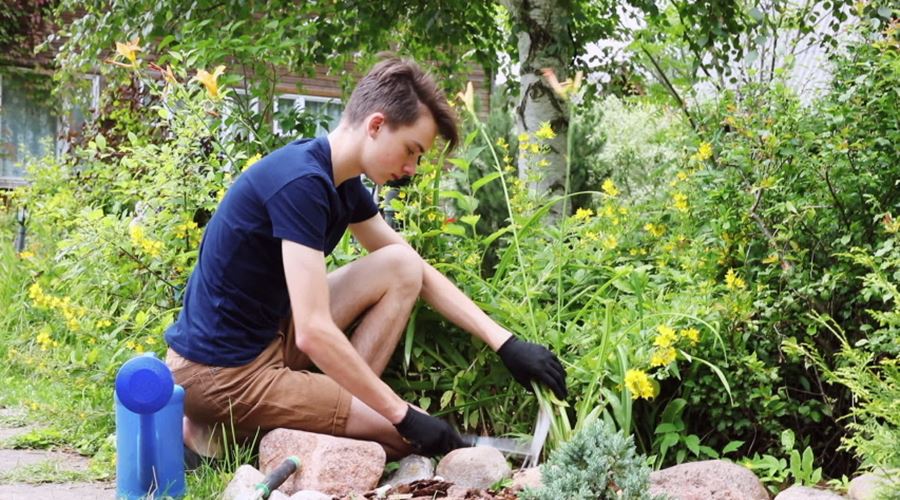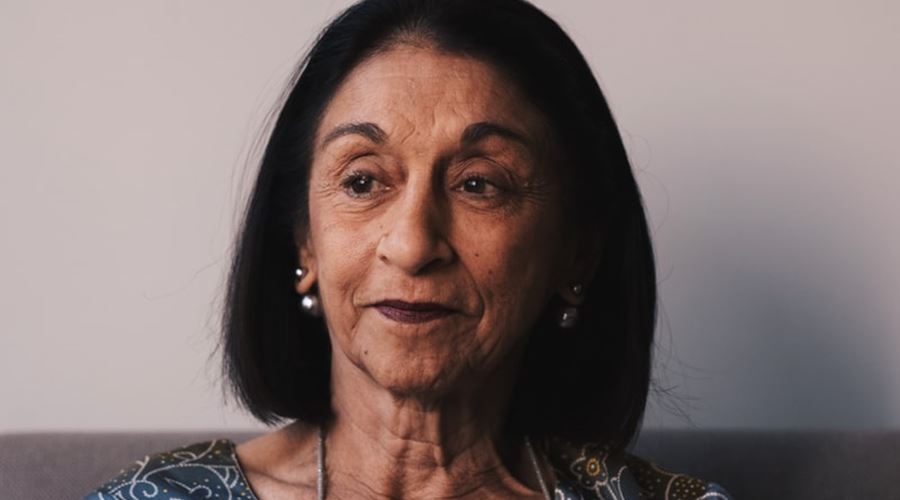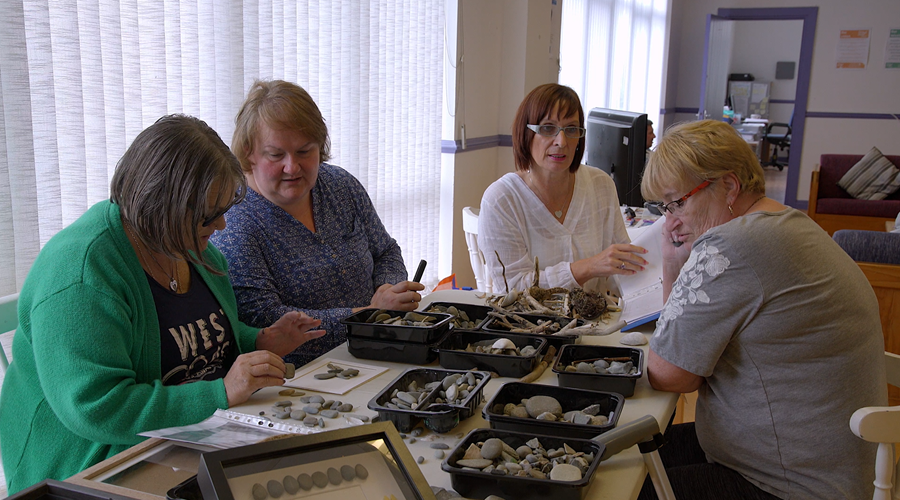- Home
- Info & Support
- Living with Mental Illness
- Current: Your Physical Health
Do you need urgent help?
If you need to speak to someone right now, here are some confidential options which provide 24/7 support. If you're worried you might hurt yourself or someone else, please call 999, or go to your nearest A and E.
Childline
Helps anyone under 19 in the UK with any issue they’re going through. Childline is free, confidential and available any time, day or night.
0800 1111Samaritans
24 hours a day, 365 days a year. You don't have to be suicidal to call us
Your Physical Health
It can be tough looking after our physical health, whether or not we have a mental health issue. Here's some tips on taking care of your health.
If we have a mental illness it can sometimes be hard to find the time or energy to look after our physical health. Sometimes our medication can cause physical side effects like weight gain or diabetes.
But our mental health can be affected by our physical health. For example, moving our body can make us feel calm and improve our mood. On the other hand, drinking alcohol or not getting enough sleep can make us feel worse.
What can I do to look after my physical health?
-
Try and eat healthily
A healthy diet can give us more energy and help us think more clearly. Watching our sugar intake can help us feel less anxious and irritable. Eating healthily doesn’t have to cost a lot. Rethink has some information on eating well on a budget.
-
Move your body
Physical activity can help improve our mood and lower the risk of physical diseases. It doesn’t have to be difficult or expensive. We could walk quickly, dance to our favourite tunes or even do some gardening. Rethink has some information on how we can be more active.
-
Try and get into good sleep habits
Sleeping badly can affect our mental health – and our mental health can sometimes make us sleep more or less than we need. Have a look at this information on improving our sleep.
-
Cut down or quit smoking
Lots of us smoke to help us cope with mental illness. Cutting down or quitting smoking is one of the best things we can do for our physical health. Smoking can also change the effects of some antipsychotic drugs. Talk to your doctor about getting help to quit.
-
Don’t have too much caffeine.
Don’t have too much caffeine. We find caffeine in tea, coffee, chocolate and some energy drinks and cold remedies. Although it can be helpful to wake us up in the morning, caffeine can make us anxious and irritable. It can also affect our sleep. Try and keep an eye on how much caffeine you have. Most of us find it helpful to cut down, especially in the late afternoon and evening.
-
Cut down on alcohol and / or recreational drugs
Alcohol and drugs can make us feel good in the short term but they can affect our mental health and sometimes lead to long-term problems. If we have a mental health problem and difficulties with drugs and/or alcohol, we might have a ‘dual diagnosis’.
-
Remember health checks and medication reviews
Visiting health professionals can make some of us nervous. But it’s important to keep up with health checks - especially if we take medication or have a long-term condition like diabetes. We might find it helpful to tell the doctor we are feeling nervous, or take someone with us.
Find out more about local doctors, dentists and podiatrists (foot doctors) here. Learn more about health checks and looking after your teeth, eyes and feet.
-
Find out more about local healthcare
How can I get support to look after my physical health?
- Taking steps to look after our physical health can feel overwhelming. But there are places we can go for more support.
- Support from our GP. Doctors can offer support with lots of physical health issues, including stopping smoking, eating healthily and exercising.
- Exercise on prescription. Doctors can prescribe exercise. This means we may be able to get a gym or swimming pool membership for a cheaper price or even for free.
- Join an exercise group. Exercising with other people can help us get going. Lots of local groups are friendly and welcoming. Some people find it helpful to go along with a friend or support worker at first. Emailing or calling the group before you go can help us make sure it is right for us. Sport Northern Ireland has more information to help us get started. Schools, colleges and universities you might have sports groups for students to join.
- Join a support group. We might want to think about attending a support group for quitting smoking, alcohol or drugs. Doctors will have more information on local groups.
- Finding other peer support. Whether we are taking up a new sport or trying to quit smoking, it’s easier with company. We could ask a friend if they would like to join us. An online peer support group like Elefriends might also help us to find people in the same situation.
- Avoiding difficult situations. Sometimes we can find ourselves in situations where other people are drinking, smoking or taking drugs. We might try to avoid these situations if possible.
- Ask someone to come with us. If we’re nervous about appointments, it might help to ask someone to come with us.

Keeping well during coronavirus
Tips and help for keeping well during coronavirus from the Linked-In team.






